“I never want to be at the pinnacle of my career,” Maria Elena Salinas talks to the AL DÍA newsroom
The legendary Latina broadcaster stopped by AL DÍA a day before presenting its 2022 Hispanic Heritage Awards Gala on Sept. 23.
Maria Elena Salinas hopes she never hits the “pinnacle” of her career. It’s why after 37 years as the face of Univision’s Noticiero Univision.
But to ask why she left, as she told the AL DÍA newsroom back on a Sept. 22 visit, was not the right question.
“Why doesn’t anybody ask me why I stayed for 37 years?” Salinas said. “That’s a lifetime.”\
The answer is one that is rooted in the Latino community that raised Salinas and grew along with her as her news career took off.
It didn’t start with journalism
Born in Los Angeles to Mexican immigrants to the U.S., Salinas’ moved her back to Mexico at one years old, and was there until her parents came back to L.A. when she was eight.
When describing her upbringing, Salinas called it “working-class.” Her mom was a seamstress and her dad did odd jobs to make ends meet. When she was 14, Salinas joined her mom in the clothing factory where she worked to further help the family. It was a natural progression for a young Salinas at the time.
“I always worked because I had to, not necessarily because I wanted to,” she said.
As Salinas entered junior college, she pursued a degree in marketing, but never finished. Still, that interest in marketing and advertising was what initially captured her attention in the wider media industry. Specifically, Salinas cued into what was then the early world of Spanish-language advertising for the country’s still smaller Hispanic population.
“I don’t think I really ever intended to be a journalist,” she said.
Her first gig came in radio, where she not only read Spanish-language ads, but also took calls from listeners while on air and fielded their requests for songs and topics of discussion
“I had great radio hair,” Salinas said of her early days, but felt deeply about the connections she built through the radio waves.
“I always felt that it was the best way to connect with people because no matter where they were… they could always have a transistor radio,” she continued.
Not long after her radio career began, Salinas got an opportunity to go into Spanish-language TV. She was initially attracted because of her potential to expand upon her sales resume, but Salinas was quickly made an anchor with no experience.
“I have to do this right.”
In a flash, her days became jam-packed, filing two stories in the morning before hosting the public affairs program Los Angeles Ahora, and then writing her script and editing stories for the daily newscast.
“As you can imagine, for someone with no experience that is a lot of work,” said Salinas. “So what did I do? I doubled up and worked even more.”
Part of that work was going back to school at UCLA and getting a degree in broadcast journalism. The motivation there was to follow her parents’ advice of always striving to be the best.
“I have to do this right,” Salinas said of an early realization. “You can’t allow yourself to be mediocre and you can’t be conformist.”
Another realization happened as she carried out her work on a day-to-day basis. At the time, Spanish-language media was seen as a low-budget operation that catered to immigrant communities.
As a result, Salinas often found it difficult to get interviews with important public officials with vital information for the Hispanic community. They also often didn’t think she spoke English only to have her retort.
“I was bilingual. That was my biggest advantage,” she told the AL DÍA newsroom.
More than the news of the day
The neglect was also flipped on its head whenever she entered the Hispanic communities she served. Salinas found herself to have a status akin to a celebrity, with people often stopping her while she was conducting her work to ask for photos. They had often seen her on Los Angeles Ahora.
“That’s when I started to realized there’s such a need,” said Salinas. “Our community was thirsty for the information.”
With that realization, a mission began to reveal itself to a young Maria Elena — one she’s held onto to this day. The information she wielded was potent.
“It goes beyond just telling you the news of the day,” said Salinas. “We needed to empower people.”
That may have hints of activism, which is a touchy subject in journalism to this day, but Salinas makes a distinction. She’s not an activist, but an advocate for her community.
The issue she’s taken on the longest in that advocacy role is voting. It dates back to when she covered local elections in Los Angeles. The stories were never about who Latinos were going to vote for, but why so many weren’t voting in the first place. That neglect plays a large role in what’s bred the disparity in representation among public officials and the Latino community not just in Los Angeles, but across the country.
“Latinos are never gonna be able to have representation if they don’t participate,” said Salinas.
RELATED CONTENT
Growing hand-in-hand
Her celebrity status and advocacy platform took a major jump after six years in Los Angeles, when she finally got the call from the network (Univision) to make the jump to the national stage and national news desk.
Salinas remembered the switch to the network as “starting all over again.”
She knew her community in Los Angeles because she had lived their experiences as the daughter of Mexican immigrants herself. At the national level, there were different idiosyncrasies to understand about every Hispanic community across the country.
In 1987, Salinas became the anchor of Univision’s flagship newscast, Noticiero Univision, and she became a regular face on the televisions of millions of Hispanics across the country and region. She stayed there for 37 years, and was once given the deserved title of the ‘Voice of Hispanic America’ by the New York Times.
But to just recognize Salinas by that title is to ignore the 37 years of reporting and growth that’s behind it. On the reporting side, she’s interviewed U.S. Presidents, leaders across Latin America and some of the biggest Latino stars in the world.
On the growth side, the U.S Latino community was just 18 million when she first anchored Noticiero Univision in 1987. Now, that population stands at 62 million people, or almost 20% of the entire population of the country.
“We grew hand-in-hand,” said Salinas of the parallel journeys of herself and U.S. Latinos. “We learned from the community, the community learned from us.”
That’s the answer to why she stuck around for so long.
“My professional story is so much a part of my personal story also,” Salinas continued.
When she left, Salinas began her own production company and started serving on a number of boards where her advocacy continues.
But the news industry eventually pulled her back.
The first opportunity came at CBS, which allowed her to continue reporting on the Latino community through a number of different mediums. It was also now in English.
“I felt the type of story we were providing in Spanish needed to be told in English,” Salinas said.
In her own experience, there were still parts of the country that saw Latinos as “strangers” despite their deep roots. It was an opportunity to tell stories to change that.
Part of that ‘othering’ by certain parts of society is because mainstream media has often not had a Latino or Latina in front of the camera. Salinas says that’s changing, especially at ABC News, where she currently works. These days it’s about much more than a quota.
“It’s respecting your audience and allowing journalists of color to report on their communities,” she said.
That’s the same goal for those Salinas was speaking to at AL DÍA that day.



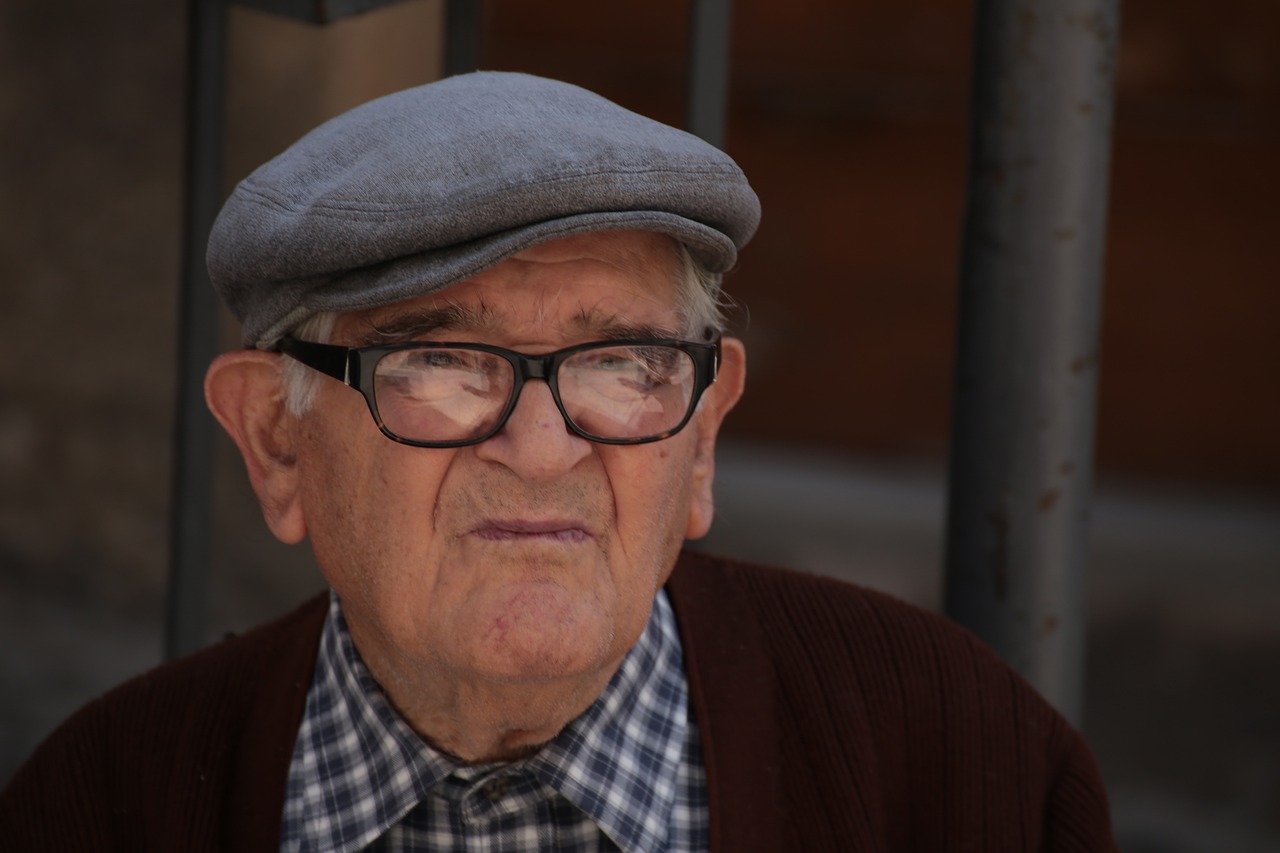
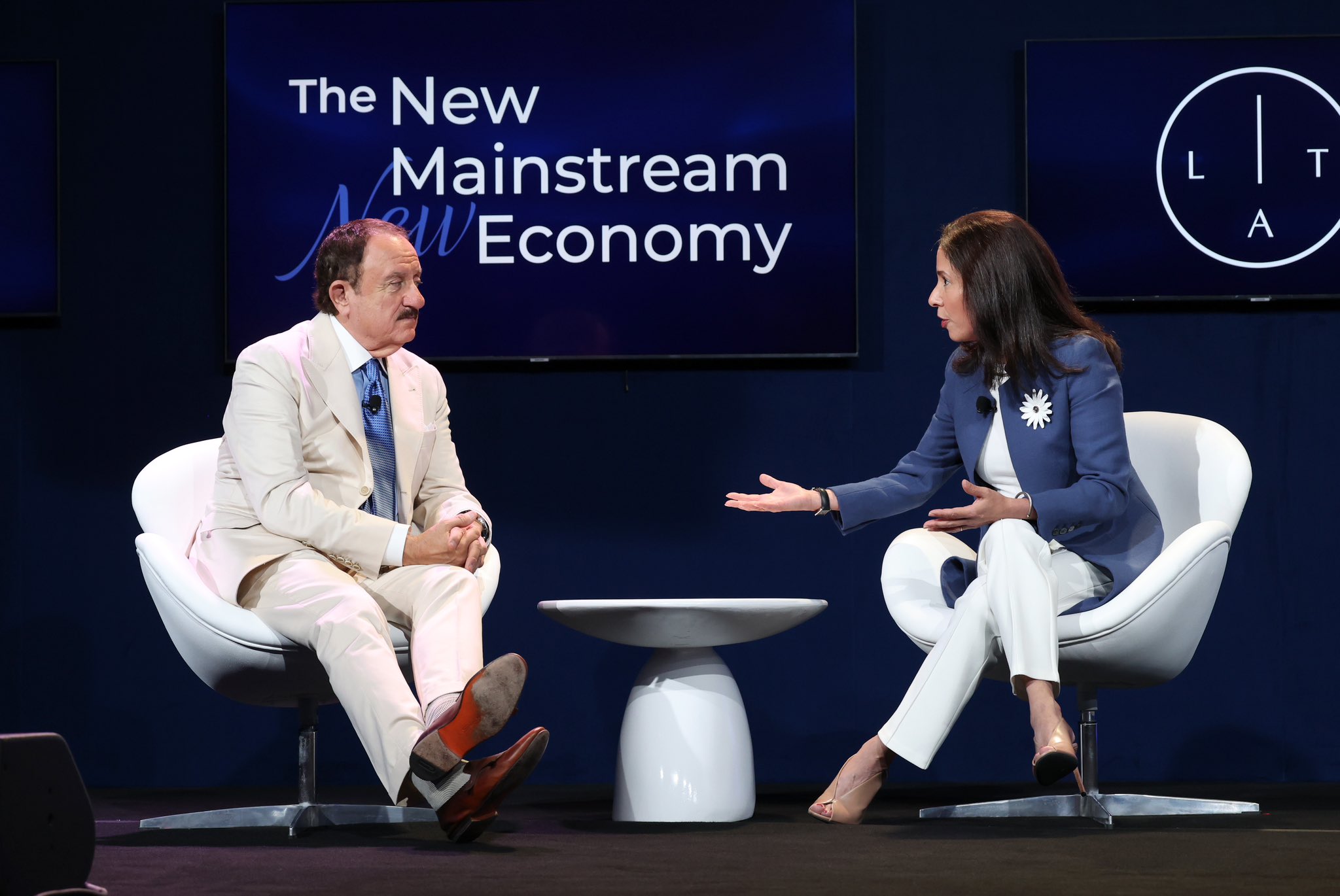

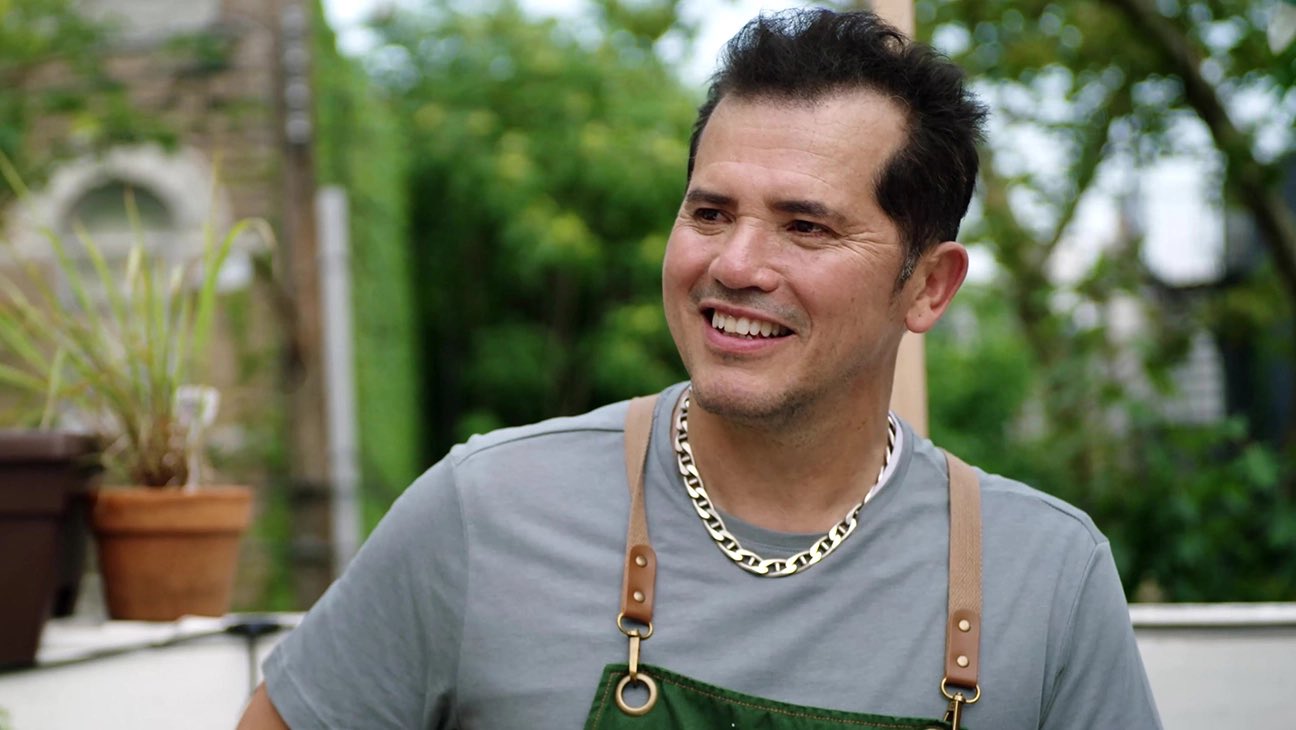
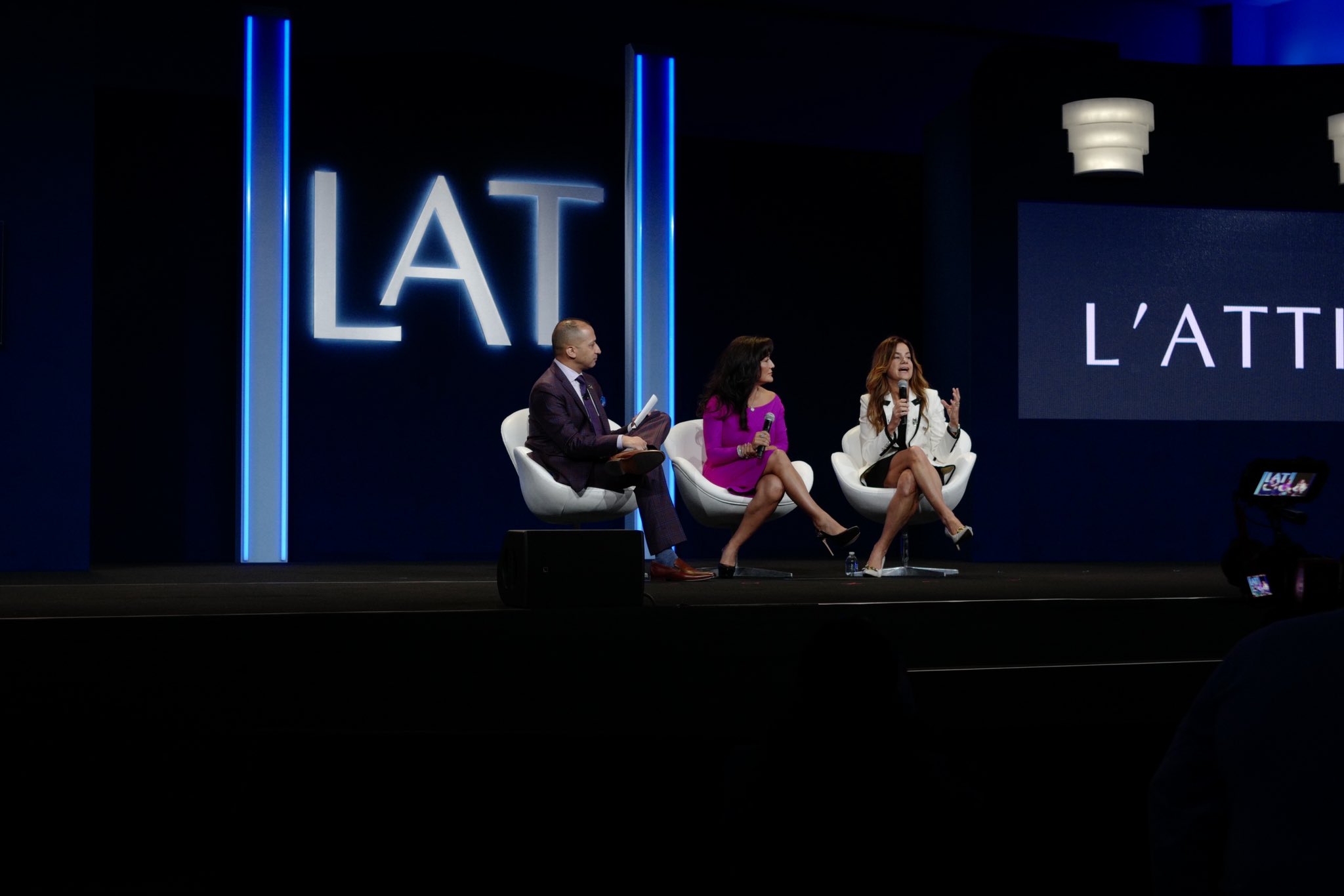
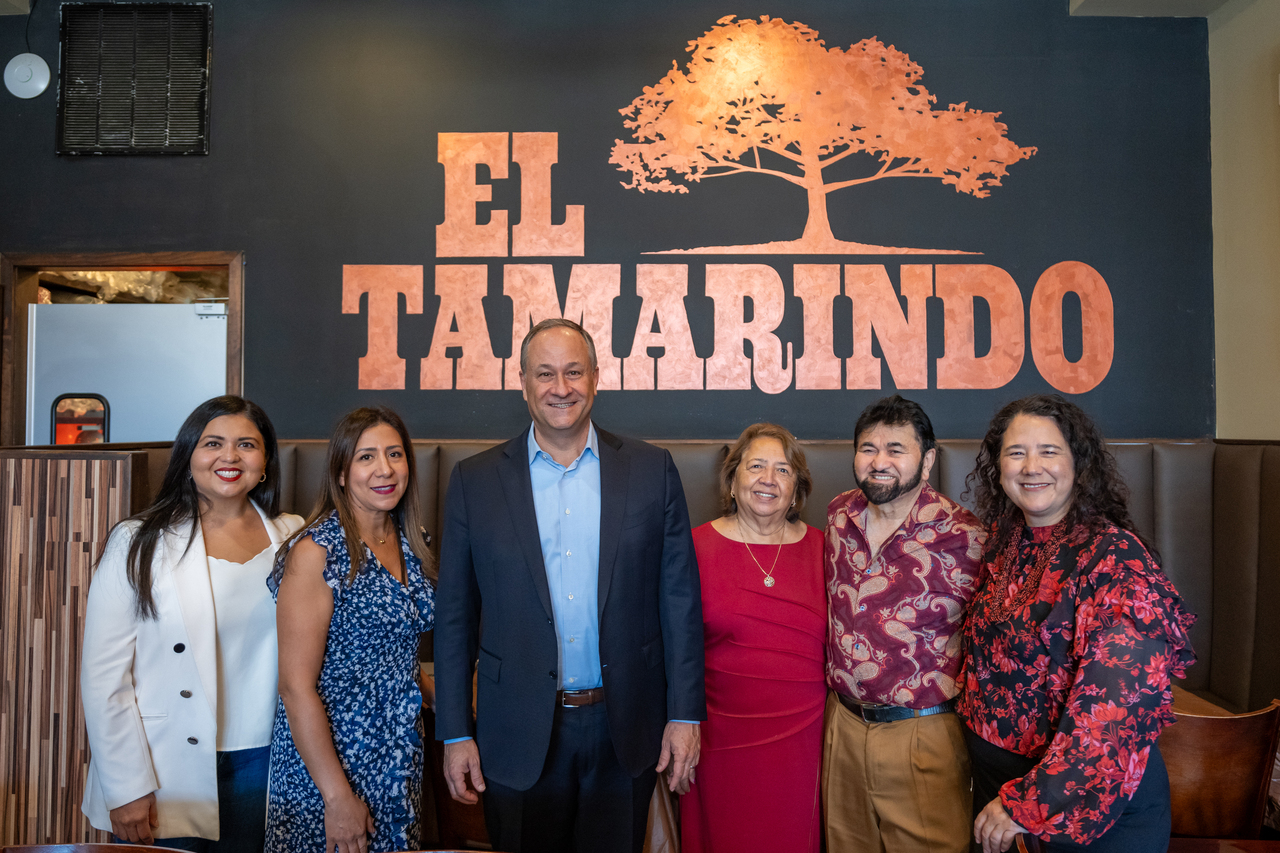
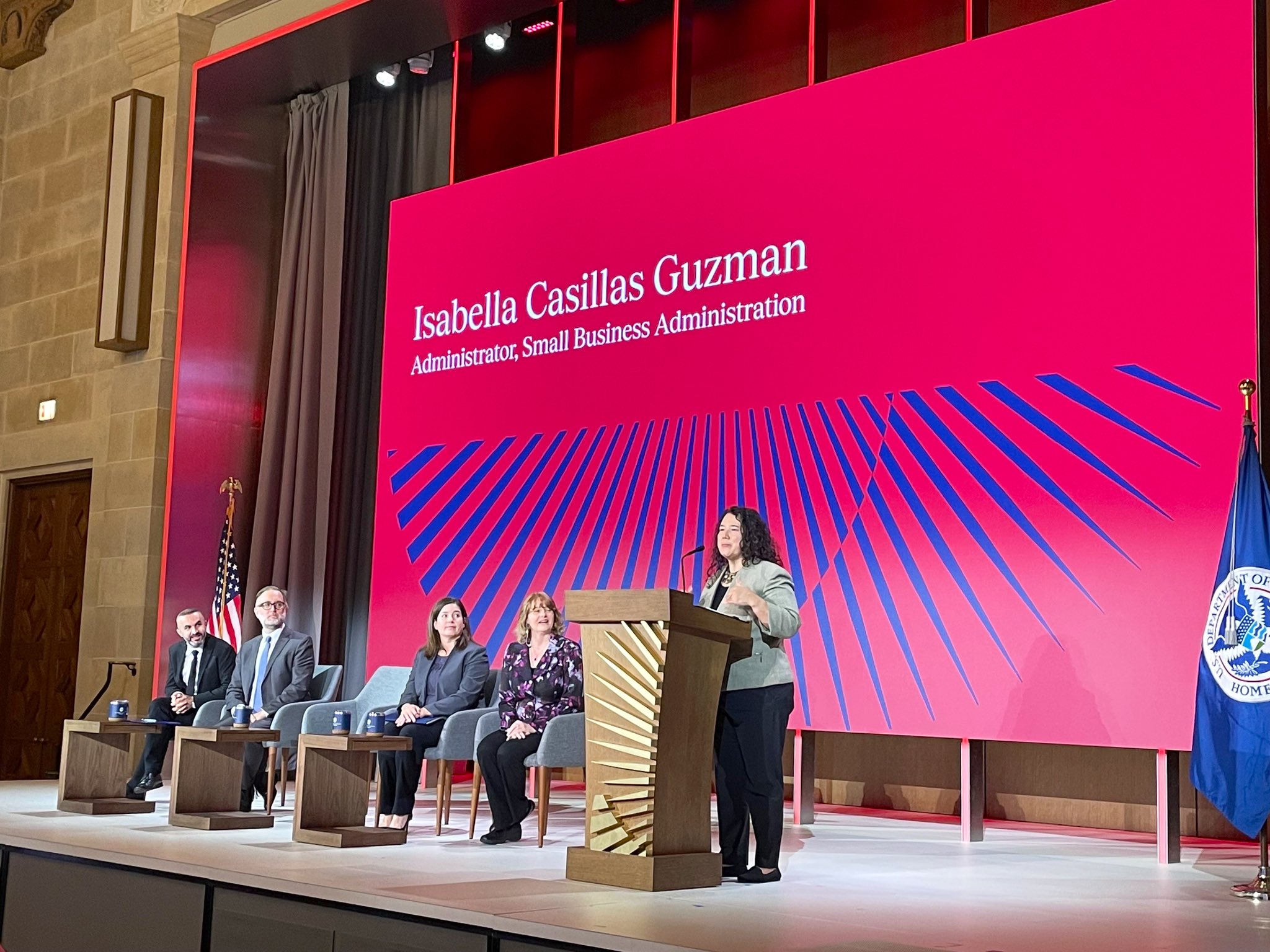

LEAVE A COMMENT:
Join the discussion! Leave a comment.